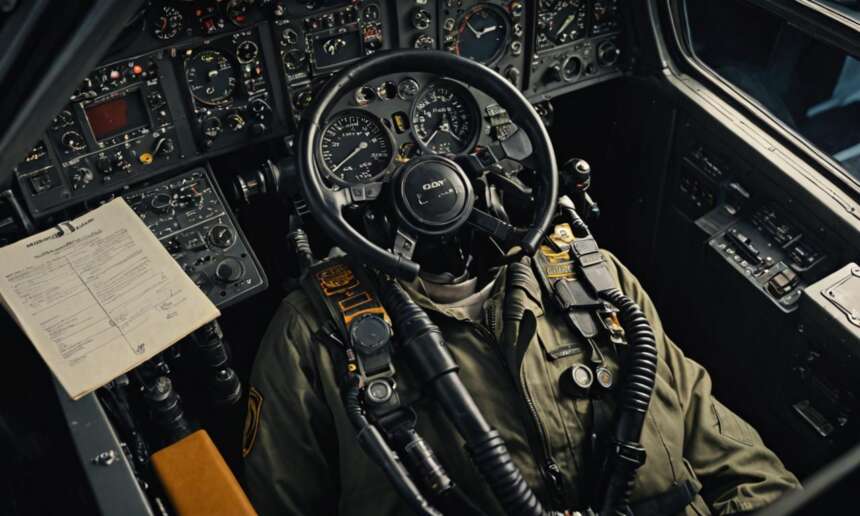When it comes to understanding the work hours of pilots on a weekly basis, various factors come into play, influencing their schedules and flight duties. Let’s delve into the intricacies of a pilot’s workweek and shed light on the considerations involved.
The Nature of Pilot Work Hours
Pilots, whether commercial or private, operate within a structured framework defined by aviation regulations and airline policies. This framework aims to ensure the safety of flights and the well-being of both crew and passengers.
Regulatory Guidelines
Aviation authorities, such as the Federal Aviation Administration (FAA) in the United States or the European Aviation Safety Agency (EASA) in Europe, establish guidelines regarding pilots’ duty and rest periods. These regulations govern various aspects, including maximum flight hours, rest requirements between flights, and limitations on consecutive workdays.
Commercial Airline Operations
Within commercial airlines, pilot schedules are meticulously planned to adhere to regulatory standards while meeting operational demands. Pilots typically work in shifts, which may include day flights, overnight stays, or extended layovers.
Factors Affecting Work Hours
Several factors influence the number of hours pilots work in a week:
- Flight Routes: Longer routes may require extended flight times, impacting overall work hours.
- Flight Frequency: Pilots on high-frequency routes may have more flight hours compared to those on less frequent routes.
- International Operations: Pilots involved in international flights may experience variations in duty hours due to time zone differences and regulatory requirements.
- Seasonal Variations: Flight schedules may vary seasonally, affecting the number of hours pilots work during peak travel periods.
Ensuring Safety and Well-being
Central to the management of pilot work hours is the priority placed on safety and well-being. Airlines and regulatory bodies collaborate to establish policies that prevent fatigue-related risks and maintain operational excellence.
Rest and Recovery
Provisions for adequate rest and recovery are essential components of pilot scheduling. Mandatory rest periods between flights allow pilots to recuperate, ensuring they remain alert and capable during duty hours.
Training and Professional Development
Beyond operational duties, pilots allocate time to training and professional development activities. These endeavors contribute to maintaining proficiency, enhancing skills, and staying abreast of industry advancements.
The determination of how many hours pilots work in a week is a multifaceted process influenced by regulatory standards, operational requirements, and considerations for safety and well-being. By adhering to established guidelines and prioritizing the welfare of flight crew, the aviation industry maintains the highest standards of safety and efficiency.
Frequently Asked Questions
How do airlines manage pilot fatigue?
Airlines employ various strategies to manage pilot fatigue, including implementing duty hour limits, providing opportunities for rest between flights, and offering fatigue awareness training. Additionally, some airlines utilize fatigue risk management systems to monitor and mitigate fatigue-related risks.
What happens if a pilot exceeds their allowed flight hours?
If a pilot exceeds their allowed flight hours as per regulatory guidelines, it can result in disciplinary action from both the airline and aviation authorities. Penalties may include fines, suspension of license, or termination of employment, as exceeding flight hours poses significant safety risks.
Are there differences in work hours between commercial and private pilots?
Yes, there are differences in work hours between commercial and private pilots. Commercial pilots typically adhere to stricter regulations governing duty and rest periods due to the nature of their operations involving passenger transportation. Private pilots, on the other hand, often have more flexibility in their schedules but must still ensure compliance with aviation regulations.
| Factors | Impact on Work Hours |
|---|---|
| Weather Conditions | Adverse weather can lead to flight delays or cancellations, affecting pilot work hours. |
| Aircraft Maintenance | Unforeseen maintenance issues may disrupt flight schedules, potentially extending pilot duty hours. |
How do pilots cope with irregular schedules?
Pilots often develop personal strategies to cope with irregular schedules, such as maintaining a healthy lifestyle, prioritizing sleep, and utilizing techniques for managing fatigue. Additionally, support from family and access to resources for mental and physical well-being are crucial for managing the demands of irregular work hours.




